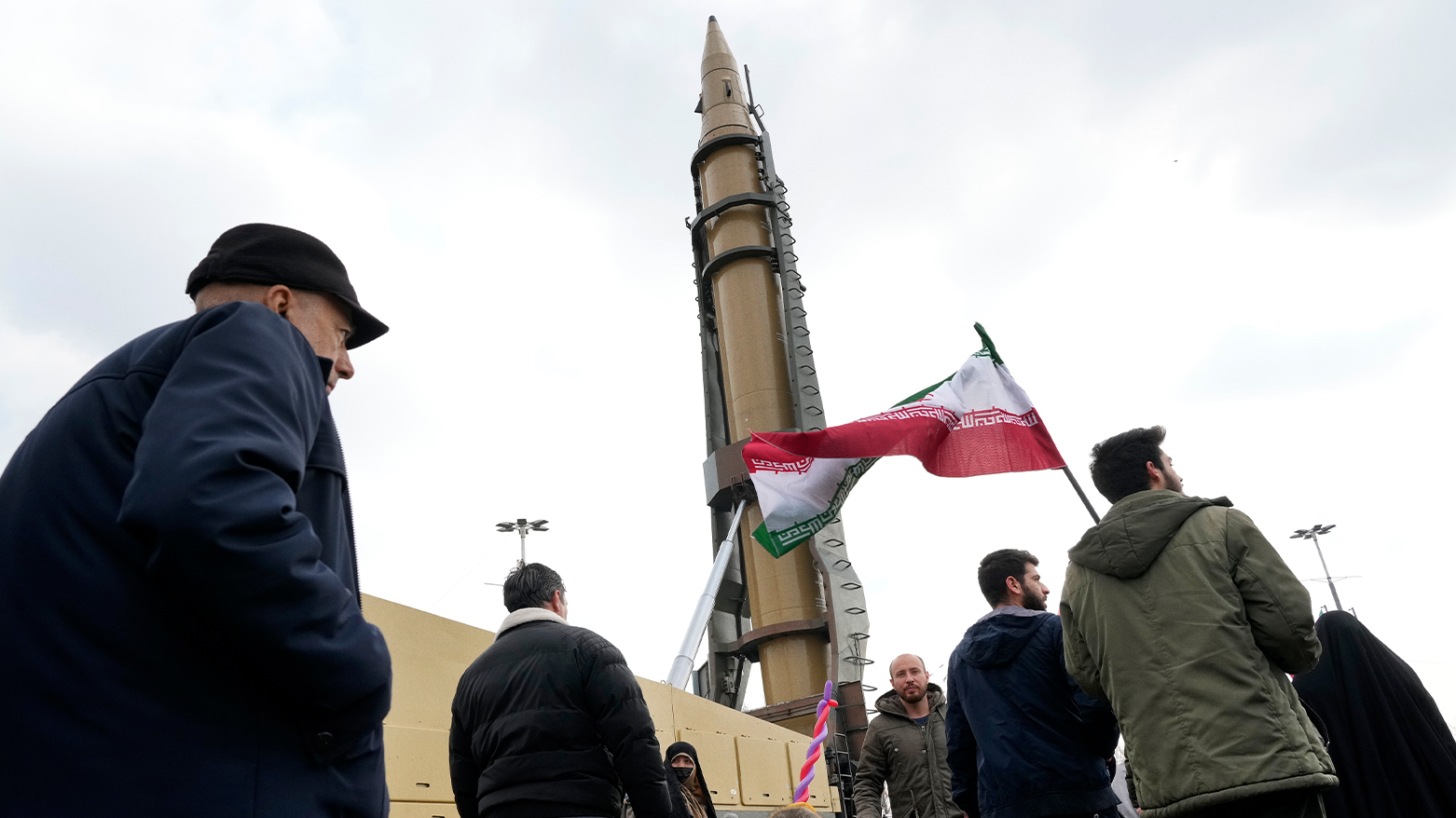Analysis: U.S.-Iran at Crossroads Between Deal and 'Forever War'
An analysis in The National Interest warns that failed US-Iran talks could lead Tehran to rush for a nuclear weapon, risking another 'forever war.' A negotiated deal is presented as the only way to avoid a catastrophic conflict between the two rivals.

By Kamaran Aziz
ERBIL (Kurdistan24) – The United States and Iran stand at a dangerous crossroads where the failure of new nuclear negotiations could see Tehran rush to weaponize and ignite another "forever war" in the Middle East, a new analysis in the American magazine The National Interest warns.
Writing in the bimonthly international relations magazine, analyst Alexander Langlois argues that the recent, unprecedented "Twelve-Day War" between the US, Israel, and Iran has destroyed the old regional deterrent structure, increasing the risk of miscalculation. The article, published Friday, questions whether Tehran and Washington can overcome deep-seated skepticism to reach a deal and avoid a catastrophic conflict.
According to the analysis, the end of the recent war may be "nothing more than a pause." While the US has renewed calls for talks, Iran remains skeptical, and Israel, a key US ally, "prefers conflict and regime change."
A critical factor in this volatile dynamic, according to the analysis, is Iran’s decision on July 2 to cease cooperation with the International Atomic Energy Agency (IAEA). Langlois writes that Tehran appears to be using the move as a signal that it may withdraw from the Non-Proliferation Treaty (NPT), arguing that it has not received the sovereign assurances afforded to other nations despite its cooperation with global non-proliferation norms.
The article suggests a divergence in strategy between Washington and Tel Aviv. While Israeli Prime Minister Benjamin Netanyahu continues to press US President Donald Trump for more military strikes, Trump "reportedly prefers a deal," even if he employs a "peace through strength" mantra that involves coercive dealmaking and the threat of force.
In response, Tehran has adopted a strategy of "nuclear ambiguity," Langlois writes. By threatening to escalate by leaving the NPT while also offering to resume coordination under the right conditions, the Islamic Republic presents an off-ramp that a deal could achieve. However, re-entering negotiations with a US president who has "proven—once again—his ability to lie and break deals" is fraught with risk for Tehran, the article notes.
The analysis also points to an unintended consequence of the June military strikes: an increase in national unity inside Iran. Langlois notes that many Iranians viewed the assault as an attack on their entire nation, not just the "unpopular mullahs," making additional strikes an "unrealistic approach" to pressure the country.
Ultimately, The National Interest piece concludes that if talks collapse, a renewed conflict would most likely follow, pushing Iran to "sprint for a nuclear weapon." Langlois warns that accepting a wide-scale military assault and the subsequent regime change campaign is an "unacceptable policy outcome" that would result in another "forever war" at the expense of "countless Iranian, Israeli, and American lives."
The high-stakes diplomacy described in the analysis is rooted in the collapse of the 2015 Iran nuclear deal, formally known as the Joint Comprehensive Plan of Action (JCPOA). That agreement offered Iran relief from international sanctions in exchange for verifiable curbs on its nuclear program.
However, the deal began to unravel in 2018 when the Trump administration unilaterally withdrew the United States and reimposed crippling economic sanctions on Tehran. In response, Iran began to systematically breach the accord's restrictions, enriching uranium to higher purities far beyond the deal's limits.
According to the IAEA, Iran has enriched uranium up to 60% purity, a short technical step from the 90% considered weapons-grade.
Iran’s nuclear program has been the target of significant sabotage and military action widely attributed to Israel. In April 2024, Israel reportedly launched a retaliatory strike targeting an air defense system near a major airbase in Isfahan, home to critical nuclear facilities. Key sites like the Natanz enrichment facility have suffered multiple explosions and cyberattacks, including the Stuxnet virus, which international reports often link to joint Israeli-U.S. operations.
Brewing tensions culminated in a 12-day war between Israel and Iran in June, 2025, during which the U.S. later joined, striking three of Iran’s uranium enrichment sites: the fortified Fordow facility, Natanz, and Isfahan.